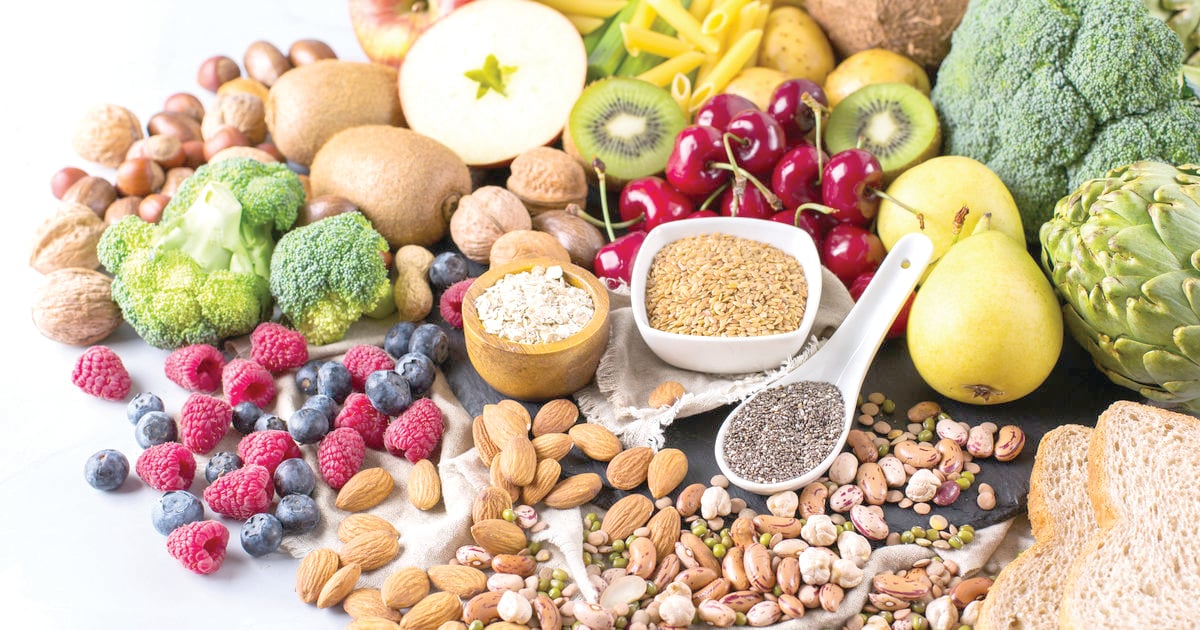Call for vegan diet as COP29 summit marks food, water day
By Milliam Murigi, November 20, 2024Yesterday was the food, agriculture, and water day at COP29.
The day was marked with a strong call from various organizations urging people to adopt vegan diets or incorporate more plant-based proteins into their meals.
Various side events were organized, leaflets were distributed, and people marched throughout the conference, all conveying a unified message the need to shift toward alternative protein as well as plant-based diets for a more sustainable future.
“Our current food systems are harming our climate, nature and people’s health. By shifting to more plant-based, inclusive and resilient food systems, it is possible to feed the world with healthy diets within planetary boundaries,” said Stephanie Maw, Senior UN Policy & Advocacy Manager at ProVeg International.
According to her, the global food system is one of the most significant contributors to climate change, responsible for 33 per cent of global greenhouse gas emissions. Animal agriculture alone accounts for up to 20 per cent of those emissions, a number that is projected to rise if no meaningful action is taken.
This is why leaders of high-income countries need to reform policies for agriculture and food, to reduce greenhouse gas emissions in line with international commitments, scientific recommendations and a recent proposal from the World Bank. Low-carbon food products like vegetables need public support and subsidies. They produce fewer emissions but also require less land and water and contribute to healthier diets and reduced health costs.
On her side Akshath Kaimal from True Animal Protein Price (TAPP) Coalition says that reforming agricultural practices, subsidies and food taxes and prioritizing plant-based food consumption are critical to meeting the Paris Agreement targets. Current food systems disproportionately harm Indigenous communities and vulnerable groups in the Global South, where climate impacts are most severe.
“The animal agriculture sector is a key driver of land-use change and biodiversity loss, causing 13 billion hectares of deforestation annually, due to land conversion for agricultural uses as pastures or cropland, with detrimental effects on water, soil, biodiversity, and climate change.
The total global herd size in “farmed animal” units is projected to rise by 37 up to 46 percent between 2012 and 2050, which does not align with the Paris Agreement goal of net zero emissions by 2050,” says Kaimal.
More Articles

